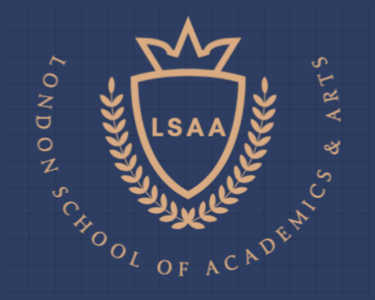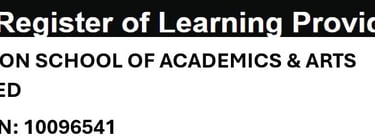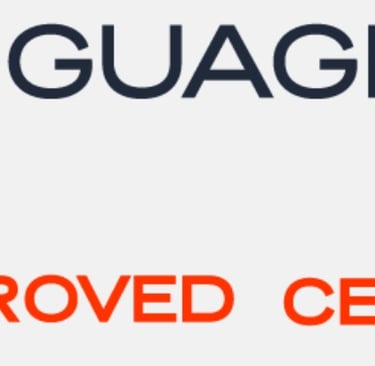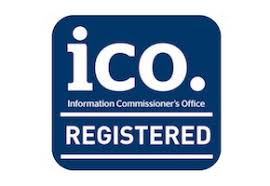Study Medicine in the UK
Meet Academic Requirements:
Complete high school with top grades, especially in sciences (Biology, Chemistry, and often Physics/Maths).
UK medical schools usually require A-levels or an equivalent qualification. Egyptian students might need to take a foundation year if their qualifications aren’t directly accepted.
Pass English Language Tests:
Most universities require proof of English proficiency, typically through IELTS (minimum scores usually around 7.0 overall, with at least 6.5 in each section).
Entrance Exams:
Most UK medical schools require the UCAT (University Clinical Aptitude Test) or BMAT (BioMedical Admissions Test). The applicant should check which test their chosen universities require.
Apply through UCAS:
Applications are submitted via the UCAS system, usually by mid-October of the year before starting.
The applicant can apply to a maximum of 4 medical courses and 1 additional non-medicine course if they wish.
Prepare for Interviews:
If shortlisted, the student will need to attend interviews (these may be online for international applicants).
Visa Requirements:
Once accepted, apply for a Student visa (formerly Tier 4). This requires:
A Confirmation of Acceptance for Studies (CAS) from the university.
Proof of sufficient funds.
English proficiency evidence.
Payment of the Immigration Health Surcharge (IHS).
Financial Planning:
Tuition fees for international students in medicine can range from £30,000 to £50,000 per year.
Living costs are also significant, especially in cities like London.
Alternative Pathway – Graduate Entry:
If the person already has a degree (e.g., in Biomedical Science), they can apply for Graduate Entry Medicine, which is typically a 4-year accelerated program.
UCAT
After 12 years of schooling, the biggest hurdle between you and a successful medical career is the UCAT—an exam unlike any you’ve encountered. But with our personalised prep tools and expert support, you’ll be equipped to excel.
Contact us for the UCAT Preparation Course














